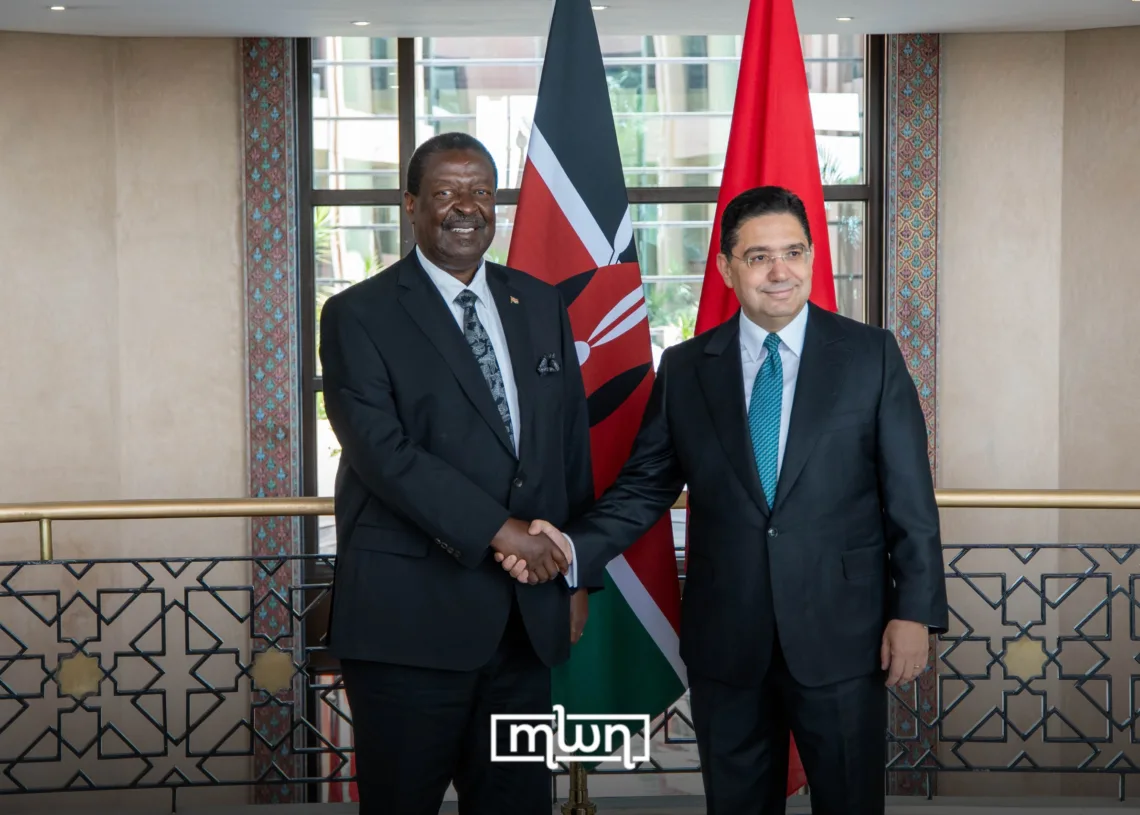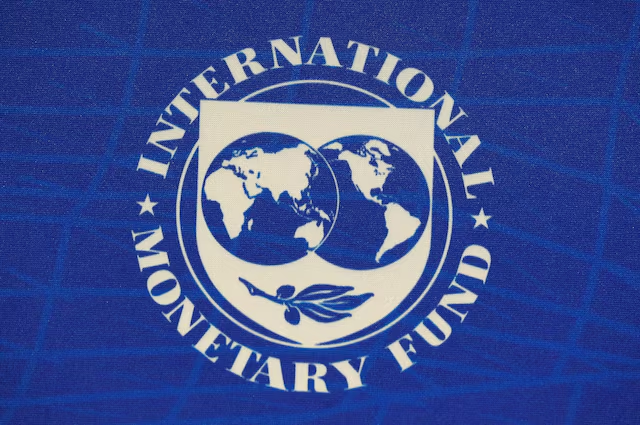Kenya has formally endorsed Morocco’s autonomy plan for the Western Sahara, marking a significant policy reversal that strengthens Morocco’s diplomatic hand in its long-standing territorial dispute and signals a strategic realignment in African geopolitics.
The move was announced during the visit of Kenyan Foreign Minister Musalia Mudavadi to Rabat, where he met with Moroccan counterpart Nasser Bourita. In a joint statement, both sides emphasized their shared commitment to sovereignty, territorial integrity, and multilateral cooperation. Crucially, Kenya declared that it now views Morocco’s proposed autonomy framework—first introduced in 2007—as the most “serious, credible, and realistic” path forward for resolving the Western Sahara conflict.
“Kenya fully supports the Kingdom of Morocco’s autonomy initiative as a basis for a lasting and political solution,” said Mudavadi, describing the plan as consistent with UN principles and the African Union’s objectives for continental peace and stability.
Morocco’s autonomy plan offers a model in which the Western Sahara would remain under Moroccan sovereignty but enjoy limited self-governance, with its own institutions and administrative powers. The proposal has been endorsed by several major powers, including the United States, France, and multiple Gulf nations, but it remains opposed by Algeria and the Polisario Front, who advocate for a UN-backed referendum on independence.
Kenya’s endorsement represents a clear shift from its past support for the Sahrawi Arab Democratic Republic (SADR), which claims sovereignty over Western Sahara and has observer status in the African Union. While Kenya had previously recognized the SADR, its new stance brings it into closer alignment with Morocco and several other African nations that have recently withdrawn or frozen similar recognitions.
Moroccan Foreign Minister Nasser Bourita welcomed the Kenyan position, calling it a “wise and forward-looking decision that contributes to regional unity and stability.” He also emphasized the growing bilateral relationship between the two countries, particularly in the areas of trade, energy, agriculture, and education.
“Morocco and Kenya are bound by shared values and a common vision for Africa’s future,” Bourita said. “This partnership opens new opportunities not just for our peoples but for the continent as a whole.”
Kenya’s pivot is also seen as a strategic move amid shifting geopolitical dynamics. As African nations increasingly seek pragmatic partnerships based on economic development and regional integration, several have opted to support Morocco’s autonomy proposal over the uncertain and protracted UN-led referendum process. The African Union has remained divided on the issue, with growing internal debate over the SADR’s place within the organization.
Analysts say Kenya’s endorsement could pave the way for similar moves by other countries in East and Central Africa, reinforcing Morocco’s push to build consensus around its autonomy offer. “This is not just a bilateral decision—it’s a message to the continent and the international community,” said Rabat-based political analyst Mohamed Bouden. “Kenya is signaling that the time for ideological polarization is over. What Africa needs now is workable, realistic solutions.”
Diplomatic sources also suggest that Kenya may now pursue deeper economic and political ties with Morocco, including cooperation in renewable energy, participation in Moroccan-led development projects, and potential collaboration within continental forums such as the African Continental Free Trade Area (AfCFTA).
Meanwhile, the Polisario Front and its main backer, Algeria, have yet to officially respond to Kenya’s policy shift. However, observers expect strong criticism, given the long history of tension between Rabat and Algiers over the Western Sahara issue.
With Kenya now added to the list of African nations backing Morocco’s plan, Rabat’s strategy of incremental diplomatic gains appears to be gaining momentum. The move underscores Morocco’s success in reshaping African attitudes toward the Western Sahara dispute—country by country, one endorsement at a time.
Source: Morocco World News



